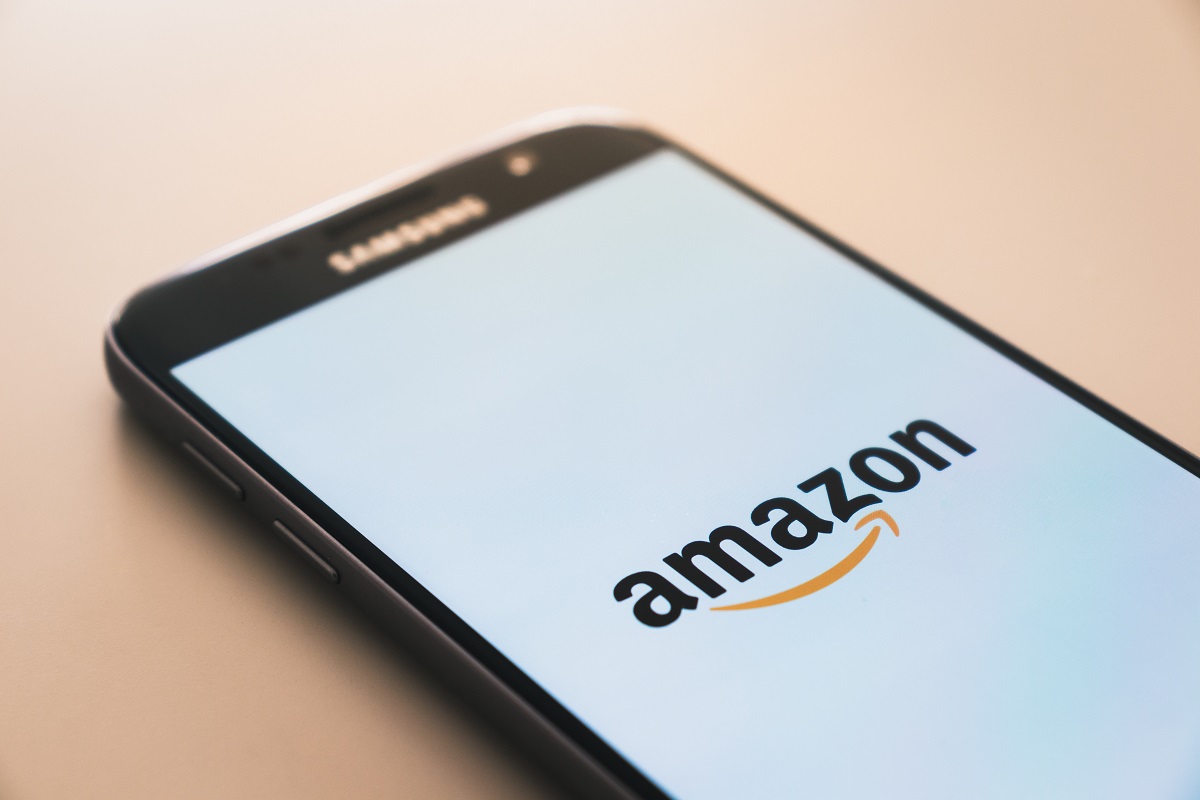
Amazon has put its weight behind the growing number of calls from companies, individuals, and rights groups to establish facial recognition standards.
Michael Punke, VP of Global Public Policy at Amazon Web Services, said.
“Over the past several months, we’ve talked to customers, researchers, academics, policymakers, and others to understand how to best balance the benefits of facial recognition with the potential risks.
It’s critical that any legislation protect civil rights while also allowing for continued innovation and practical application of the technology.”
In a blog post today, Amazon highlighted five guidelines to ensure facial recognition is developed and used ethically.
The first of the five calls for facial recognition to follow existing laws which protect civil liberties. To ensure accountability, the second guideline wants all facial recognition to be reviewed by humans before any decision is taken.
Other guidelines include a call for transparancy in how agencies are using facial recognition technology, and visual notices placed where it’s being used in public or commercial settings.
Facial Recognition Concerns
The company has faced criticism of its ‘Rekognition’ system which is used by police forces and has been pitched to agencies such as US Immigration and Customs Enforcement (ICE).
In a letter addressed to Amazon CEO Jeff Bezos, employees wrote:
“We refuse to build the platform that powers ICE, and we refuse to contribute to tools that violate human rights.
As ethically concerned Amazonians, we demand a choice in what we build and a say in how it is used.”
The letter was sent following ICE’s separation of immigrant children from their families at the US border and subsequent detainment. There’s no evidence ICE ultimately purchased or used Amazon’s technology.
In July last year, the American Civil Liberties Union tested Amazon’s facial recognition technology on members of Congress to see if they match with a database of criminal mugshots.
Rekognition compared pictures of all members of the House and Senate against 25,000 arrest photos. The false matches disproportionately affected members of the Congressional Black Caucus.
Dr Matt Wood, General Manager of AI at Amazon Web Services, commented on the ACLU’s findings later that month. He said the ACLU left Rekognition’s default confidence setting of 80 percent on when it suggests 95 percent or higher for law enforcement.
Wood, however, went on to say it showed how standards are needed to ensure facial recognition systems are used properly. He called for “the government to weigh in and specify what temperature (or confidence levels) it wants law enforcement agencies to meet to assist in their public safety work.”
The call for facial recognition standards extends beyond the US. In China, the CEO of SenseTime – the world’s most funded AI startup – also said he wants to see facial recognition standards established for a ‘healthier’ industry.
In the UK, Information Commissioner Elizabeth Denham announced her office has identified facial recognition technology as a priority to establish what protections are needed for the public.
SenseTime is so well-funded not just because of its powerful facial recognition technology, but also from adoption by the Chinese government. The firm aims to process and analyse over 100,000 simultaneous real-time streams from traffic cameras, ATMs, and more as part of its ‘Viper’ system.
If such a system was deployed with biased algorithms, it will exacerbate current societal problems. Algorithmic Justice League founder Joy Buolamwini gave a fantastic presentation during the World Economic Forum last month on the need to fight AI bias.
As Spider-Man’s Uncle Ben would say: “With great power, comes great responsibility”.

Interested in hearing industry leaders discuss subjects like this? Attend the co-located IoT Tech Expo, Blockchain Expo, AI & Big Data Expo, and Cyber Security & Cloud Expo World Series with upcoming events in Silicon Valley, London, and Amsterdam.






